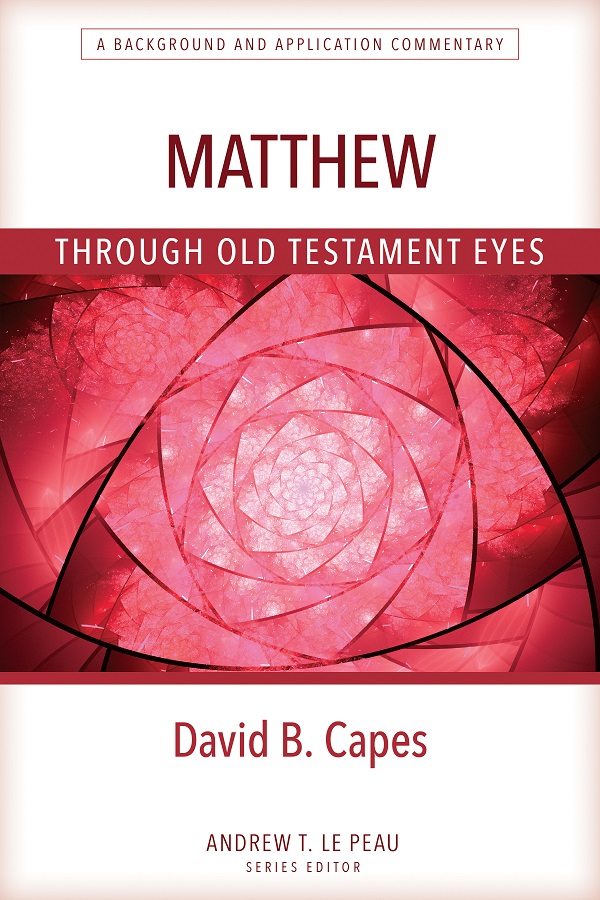As we get started down this rabbit trail of “Historical Thinking,” the first thing I’d like to work through is a question: “What is history?”
Why? Because too many people come back with “I don’t like history” as their response to the idea of studying, learning, or reading anything about history. Now, some folks will probably still never like history. And certainly, not everyone is going to vibe on the academic discipline of history, but history as a whole can be very enjoyable even without perfectly spelled footnotes!
First, let’s dismiss some wrong definitions of history. History is not just a collection of dates. While it is necessary to keep up with what happened when—I read once that a key factor in history is knowing some things happened before other things—your school-aged history tests of just memorizing and reciting dates is not really history. It’s facts.
Second, “history” comes from a Greek word “ ‘istoria” and has nothing to do with the gender pronoun. It’s not “his story” in place of “her story.” Sometimes it’s presented as such—and it’s sometimes presented that we need a “her story” to counterbalance “his.” Folks, it’s all “history.” Because the word doesn’t break down into a pronoun.
Third, a corollary on the second point: I firmly believe that history involves the work of God in the world. Fully and completely. But it’s not “His story,” either. He gave us His story—has garden-based bookends, Creation, fall, redemption, REDEEMER, redeemed. That’s not the same. Neither is it appropriate to apply to God all the causation in history, though that’s another matter but we’ll hit it here: God is sovereign. Historical causation can be viewed as understanding how God did it, but we do not drop back to “Well, it happened because God did it, moving on….”
Apply that to something as simple as World War II: I’ll take miraculous intervention helping the Allies overthrow the Nazis. But a “all that matters is God did it” view means that God caused the Nazis. I don’t think that lines up with theology, how about you?
Another thing that is not “history” are the memory triggers we use, like statues or single items in museums. Those help us remember history, but without “history” it’s just a guy on a horse. Who is he? Why did we put up his statue?
You need to know that.
So what is “history”?
For our purposes here, “history” is the recorded story we tell to understand the past. That’s my combination of several pieces of definition from around the academic world. It is not just a record of events, but the interpretation and collation of the facts surrounding them. This is why history, at times, needs to be reconsidered. For example, throughout the 1950s-1970s, much of the story about events in the American space program focused on the astronauts and the “high profile” lead scientists, like von Braun. Recently, though, the lens has widened to show that men and women, including Black women, were always in the picture. The story we need tell needs to be told better.
Or, as we look longer into the past, we have long heard the popular tale that Columbus proved the Earth was round. Yet clearly understanding history shows that this story was told without regard to the facts: it was a widely known fact that the Earth was round. The initial story was more focused on “heroic development” of America at the time.
History is the story we tell about the facts—it cannot exclude the facts but instead explains them, interrogates them (asks questions, seeks understanding), and puts together a mostly cohesive narrative about them. That narrative is recorded, shared, and then open to debate and discussion. Perspectives affect our creation of history as well as our understanding, but the facts remain the same.
That’s why history remains an open discussion. Some things are fairly plainly settled, but new information should lead to re-evaluation of the story, correction of errors, and plainer dealing with what has gone on before now. History does change, because we understand the story better. The facts remain the same, and that’s the key.


